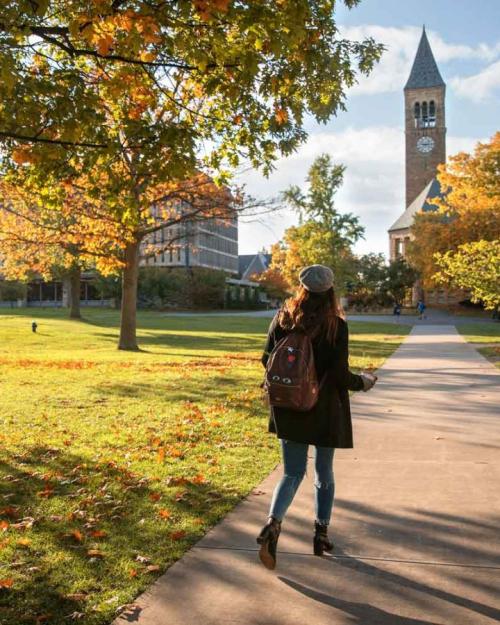Cornell Cinema unveils diverse, collaboration-driven spring lineup
A&S Communications
 Department Homepage
The College of Arts & Sciences
Department Homepage
The College of Arts & Sciences



